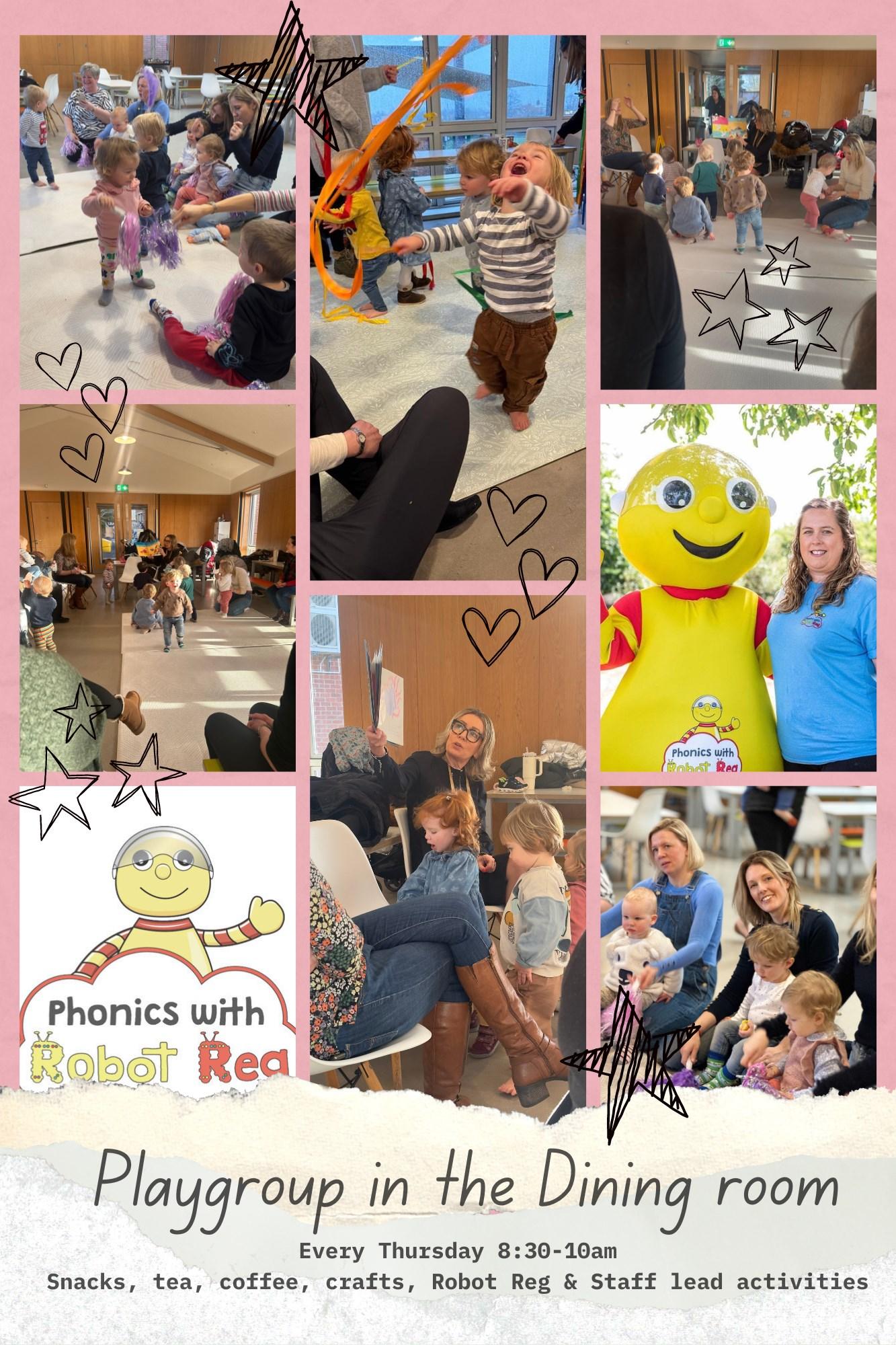
Registered Charity No: 1141329

You can follow us
It’s lovely to be back at school and it’s been a fabulous start to the new term. I’ve really enjoyed walking around school and catching up with all your children’s news from their summer adventures. The school has been abuzz with the chatter of children getting to know each other and getting started on their learning with excitement and enthusiasm.
We are all so proud of the children for settling so well into their new classes and adjusting to the routines and rhythms of daily school life, which is no small task after a long summer holiday. This reminds me that children are adaptable and resilient, but also each child is an individual and it’s entirely normal to take a little while to settle and adjust to busy school days and being away from home. We want to work with you to ensure your child soon feels that school is a home from home where they belong and are happy, so please do tell us about your child’s experience to enable us to work with you and get to know your child and their needs.
Resilience in children is the subject of a large body of research but often used as a throwaway term and misunderstood as merely bouncing back from failure. In fact, resilience is complex and dependent on a variety of factors, but something that is important to understand and nurture in our children. Research provides evidence that levels of resilience vary from child to child, but understanding the contributory factors is crucial in ensuring children have the best outcomes. So, why is it that one child can face an adverse experience and cope much more effectively than another?
Unsurprisingly, the single most common factor for children to develop resilience is a strong relationship with primary caregivers as this provides personalised responsiveness, modelling and scaffolding supporting emotional regulation, planning, adapting to new situations and coping with change. As adults, being alongside children, guiding and supporting, nurtures resilience as opposed to making all the decisions and not allowing the child to try things out in a safe space. Building resilience involves being faced with some deliberate difficulty that is age and stage appropriate. However, it can be hard for us as adults to watch a child struggle, become frustrated or fail, but this is important for progress academically and personally when navigating the social and emotional world too. Deliberate difficulty allows children to develop selfefficacy, perceived self-control and make choices, essentially buffering them



against those adverse experiences. As adults, our most effective role is to be there to support and guide, knowing when to step in and when to stand back.
Last week the staff were at school for two days of Inset training. DEI continues to be a whole school focus and this year Laura Bates who began The Everyday Sexism Project Laura Bates and is the author of several books, gave a presentation on sexism and misogyny and most particularly micro-aggressions. It was an excellent thought provoking presentation helping us all consider our actions and the language we use that we are often unaware of as well as the impact of microaggressions on culture. You can watch her Ted talk here Laura Bates: Everyday sexism | TED Talk
At 2-8 this year we are also considering everything that we do in school to ensure that it does not limit opportunity, dreams and ambitions for all children and that we work hard to challenge stereotyping that may prevent children from engaging in all aspects of school life. A good example of this is some Year 3 children who came to see me this week with some really mature and insightful ideas as to how we could make football at playtime inclusive. We’ll be working with School Council and in PSHE to gather pupil voice on this issue, but really value your support in sharing the message that all activities at school are for all children and of equal value and no one should feel that they can’t join an activity because of stereotyping.
Next week we have three Parent Information Evenings from 7:00pm8:00pm. On Monday for Nursery parents, Tuesday for Reception and Year 1 and Wednesday for Year 2 and Year 3 parents. These will begin in the dining room where we will give a short presentation about other ethos and priorities for the year. You will then be invited to a classroom for a short talk about mental mathematics, which is one of our school improvement priorities for this year. You can then visit your child’s classroom for a look around and an informal chat with your child’s teacher. Please note that one-to-one parent consultations take place in October before half term, but if you require a one-to-one meeting at any time please speak with your child’s teacher.
I hope that you have a lovely weekend, and the children have a rest after a busy first week of term.
No: 1 Friday 6 September 2024

















